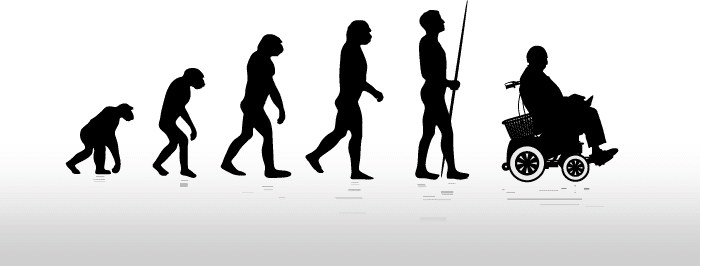In the 1990’s, approximately four percent of the U.S. population was over age 65; today, that number has climbed to thirteen percent. According to a USDA survey, the diets of about one-third of older Americans are nutritionally deficient, resulting in a condition that affects their ability to perform activities of daily living. Learn more about this condition and how to prevent it.
Components of Frailty Syndrome
- Sarcopenia (loss of skeletal muscle mass associated with aging)
- Osteoporosis (loss of bone mineral density)
- Muscle weakness, a.k.a. muscle fatigue (or “lack of strength”)
- Diminished healing power (aged people recover slower and are less likely to recover completely from physical injuries or accidents)
CAUTION!! These recommendations do NOT apply to patients with kidney disease. Be sure to check with your physician before increasing your protein intake —particularly if you’re not on dialysis.
![]() Karen’s Fit Tip: Resistance training and the quantity, quality, and timing of protein consumption are all important factors in reversing muscle loss, recharging your resting metabolic rate, and increasing fat loss.
Karen’s Fit Tip: Resistance training and the quantity, quality, and timing of protein consumption are all important factors in reversing muscle loss, recharging your resting metabolic rate, and increasing fat loss.





